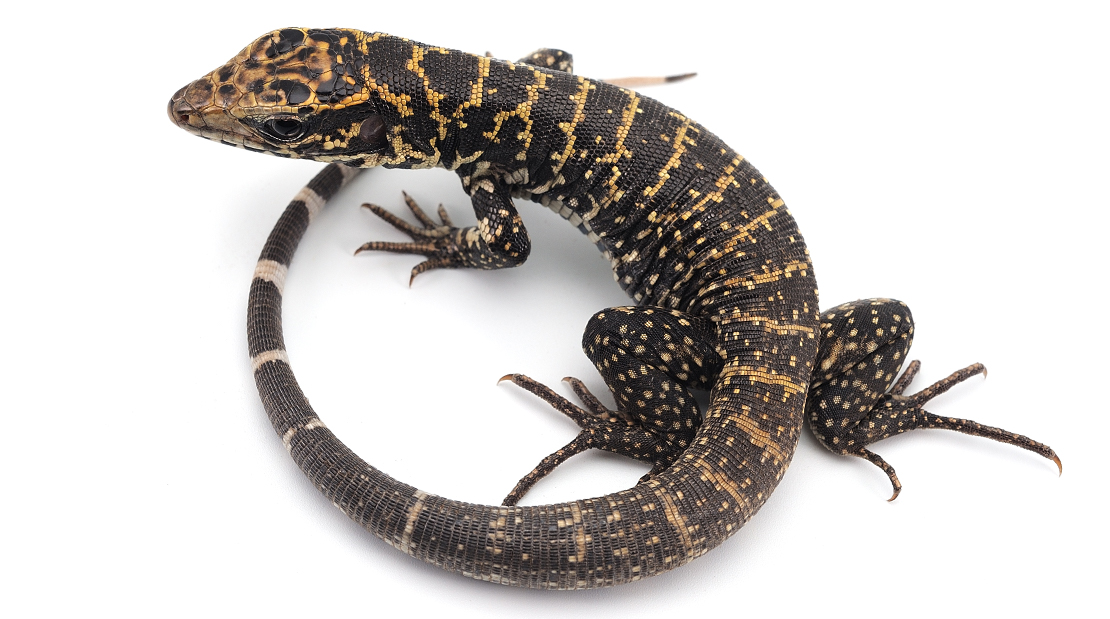
The Exotic Tegue
Here at CyFair, our pet parents keep us on our toes. They care for animals stemming from all over the world, meaning I’m always surrounded by my love for exotic animals.
One animal, hailing from Argentina and Columbia, is gaining popularity among fellow exotic pet lovers. This animal is extremely intelligent, has an omnivorous diet, and is great around kids. I’m talking about the Tegu Lizard.
There are several cool features about the Tegu. To start, they can grow to weigh up to 15 pounds. Combine their size with their distinctive patterns, Tegu’s are one of the most beautiful lizards in existence.
Next, these lizards generally have laid back, non-aggressive temperaments compared to other species. They enjoy human interaction and like to be held. When raised correctly, Tegus can even coexist well with other family pets.
Tegus also have long life expectancies. They typically live from eight to 15 years of age, with some living even longer.
Now that you have some background information, let’s talk about how to care for your Tegu.
Diet
Feed your Tegu daily. Meals consisting of fish, eggs, turkey, and mice are recommended. Avoid feeding your Tegu live bait to prevent consumption-related injuries. Pre-packaged animal feedings are best.
Tegus also love fruit, so be sure to include lots of mangoes, berries, or other tropical fruit of choice as well.
In addition to ensuring your Tegu has a well-balanced diet, keep your lizard hydrated. Remember, these animals don’t drink their water, but instead absorb water from their environment. Juvenile Tegus should be soaked three times a week for thirty minutes, while once a week is sufficient for adults.
Habitat
Owners differ in what they add to their tegu’s habitat, but all Tegu niches should include a:
- Heating lamp
- Thermometer
- Substrate
- Hydrometer
Tegus should be housed in what we call dual temperature tanks. The hot side of the tank should sit around the 110-degree mark, which is where your heating lamp is placed.
The cooler side of the tank should sit at 75 degrees. Like most reptiles, Tegus like to burrow and hide, so every Tegu habit should include some type of substrate. Substrate can be dirt, sand, or a combination of both.
Humidity is another extremely important factor for the wellbeing of Tegus. Humidity should always stay close to 70 percent. You can keep a close watch on the tank’s humidity by using a hydrometer mentioned in the list above. If your tank lacks humidity, try adding moss and moistening the tank.
Tegus are smart animals who need sources of engagement. Include logs and other climbing toys in your Tegu’s tank to keep your pet entertained.
Vet Care
Tegus don’t require vaccinations but should always receive annual checkups. This allows us to check for common health issues associated with Tegus such as metabolic bone disease, internal parasites, or signs of dermatitis. Bringing your Tegu in for a yearly checkup is the best way for us to ensure your pet is in great health.
With proper care, Tegus can be awesome pets for exotic animal lovers. Check back in with us soon to learn more about preventing, detecting, and caring for common Tegu illnesses.

